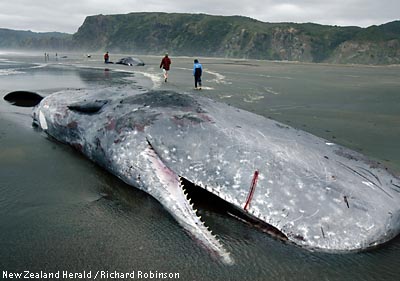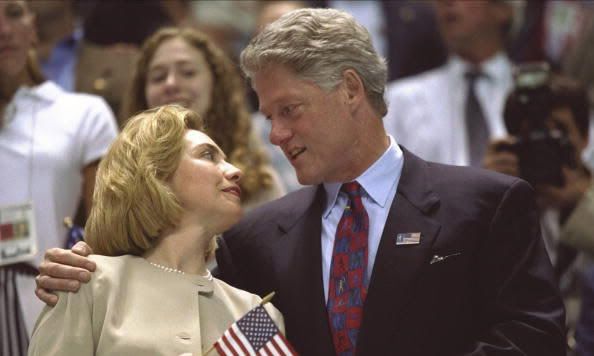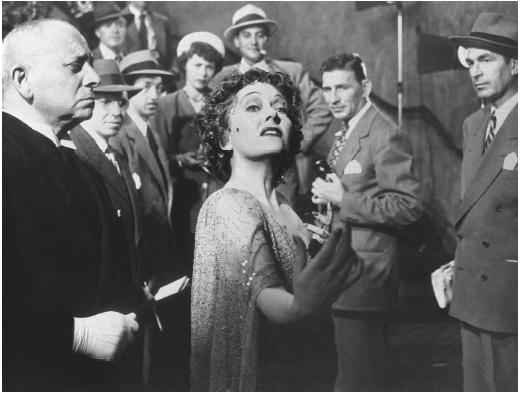 David Seaton's News Links
David Seaton's News Links If you study modern China, its Communist Party and the Chinese people even a little, you will see that their obsession, with or without Marxism, is to maintain China's unity, sovereignty and independence.
It is not difficult to imagine the unease of the Chinese leadership at the prospect of facing the United States alone in its role as "sole superpower" at the fall of the USSR and its "really existing socialism" and the subsequent "color revolutions" instigated by the USA.
Obviously something had to be done to keep China from returning to its pre-Mao status of client and near-colony of the west and obviously... something has been done.
Reading Mao Tse-Tung's 1957 speech, "On the Correct Handling of Contradictions Among the People", when he talks about joining forces with China's middle class to defeat the Japanese will make this clearer:
"To understand these two different types of contradictions correctly, we must first be clear on what is meant by "the people" and what is meant by "the enemy". The concept of "the people" varies in content in different countries and in different periods of history in a given country. Take our own country for example. During the War of Resistance Against Japan, all those classes, strata and social groups opposing Japanese aggression came within the category of the people, while the Japanese imperialists, their Chinese collaborators and the pro-Japanese elements were all enemies of the people."That phrase is the key. The Chinese Communists (who still control China) waited to defeat the Japanese before continuing "class struggle": for the Chinese Communist Party the "primary contradiction" was the struggle against the Japanese.
Reading what Mao wrote you will see what is happening now has a long pedigree.
You would have to go back to the "Long March" of 1934 to find the equivalent of China's entry into the global economy. A long retreat, a regrouping, a devastating counter-attack. With its entry sui generis into globalization, China has neatly turned the tables on the United States, firmly entrapping the Americans in their own free trade ideology. DS
Philip Stephens: Global response needed to the shifting world order - Financial Times
Abstract: I was looking the other day at some statistics gathered by my colleague Martin Wolf. A little under 200 years ago, in 1820, China produced about a third of world output and India 16 per cent. The big four European countries accounted for 17 per cent and the US less than 2 per cent. By 1950, the US share had risen to 27 per cent, China’s had fallen to 5 per cent and India’s to 4 per cent. The European Big Four claimed 19 per cent. Now consider the projections, measured at purchasing power parity, for 2015. At 20 per cent, China’s output will match that of the US. These figures may prove inexact but the direction is clear. By some calculations China will easily overtake the US before 2025. (...) after almost two centuries of retreat China has already rediscovered geopolitics. As for India, as a senior US official told me recently, its “soft” power is already felt almost everywhere. The onward march of globalisation is, of course, not ineluctable. At a seminar in Washington recently I heard another official in the high ranks of the US administration remark that he was no longer sure that globalisation was “politically sustainable” in the US. The free trade majority in the Congress had fractured and the impact, as much perceived as real, of outsourcing on middle-class jobs had fanned the flames of protectionism. To this had now been added the strategic, as well as economic, fears generated by the hundreds of billions of dollars in sovereign wealth funds sloshing around in search of assets. It does not help that there are plenty in Washington who believe that strategic conflict with China is inevitable – and better sooner than later. You can detect the same economic anxieties in Europe – and not just in France. Peter Mandelson, the European Union’s trade commissioner, is a champion of open economies. Visiting Beijing this week, however, he added his voice to the criticism of China’s disregard for intellectual property rights and product standards. China’s manipulation of its currency prompts similar ire. Behind the specific complaints lies the deeper concern, felt particularly acutely in Washington. In the aftermath of the fall of the Berlin Wall, globalisation belonged to the developed economies. The opening of goods and financial markets was framed by the so-called Washington consensus. The technology was provided by Silicon Valley. Suddenly it seems as if it belongs to Asia. Globalisation was something the rich countries did to the rest of the world – for the good of all, of course. Now it is beginning to feel like something someone else is doing to them. It does not help, again especially in Washington, that the principal “do-er” is China. The protectionist impulses are overlaid with the strategic fears. Yet it is hard to see how the forces of globalisation could be reversed. (...) It would take a crash to stop it. One possibility would be a sequence in which the world economy slips into recession and weakening world trade provokes the beggar-thy-neighbour protectionism that then turns recession into depression. Another would be a major geopolitical clash between the US and China, perhaps over Taiwan. READ IT ALL






















